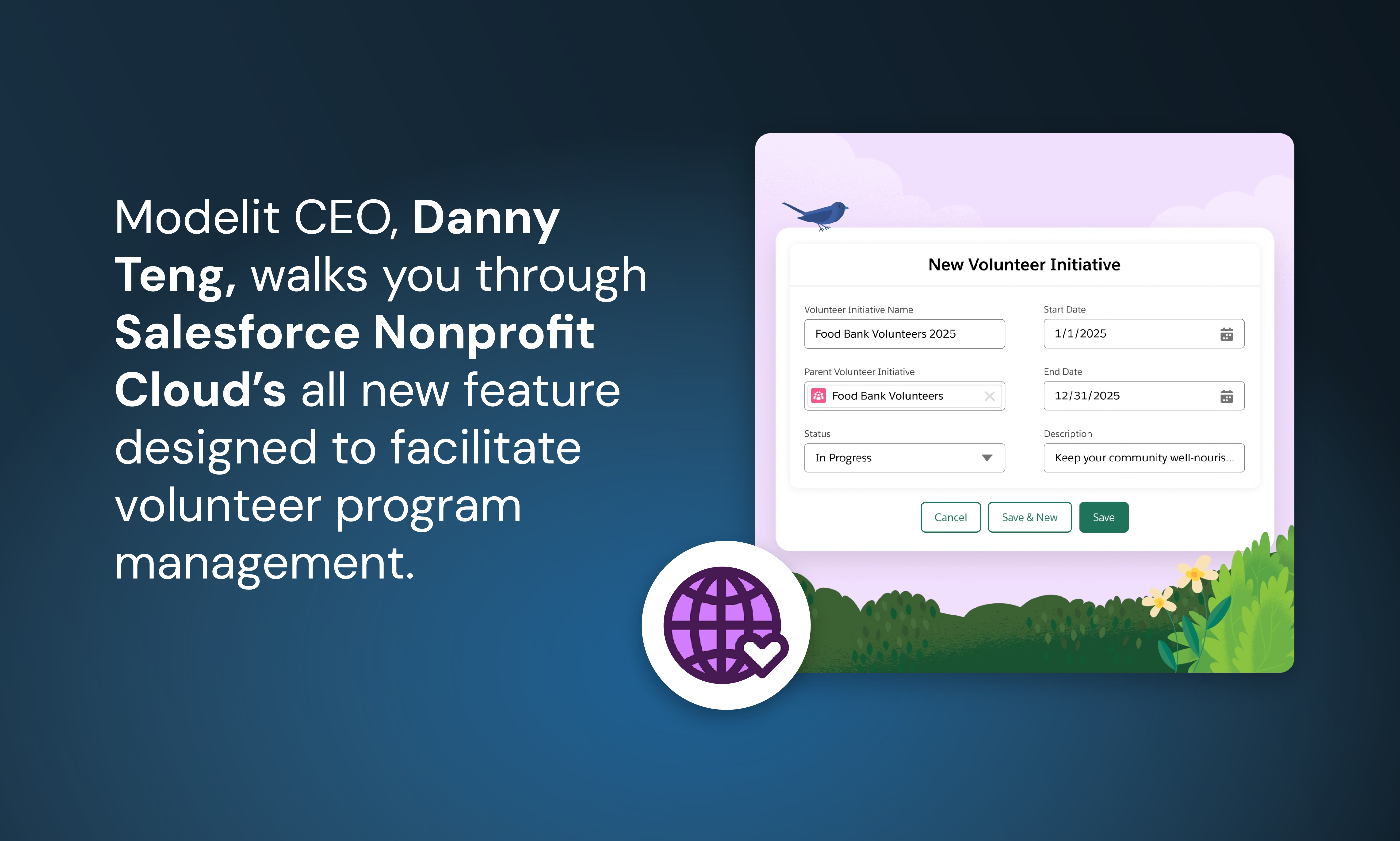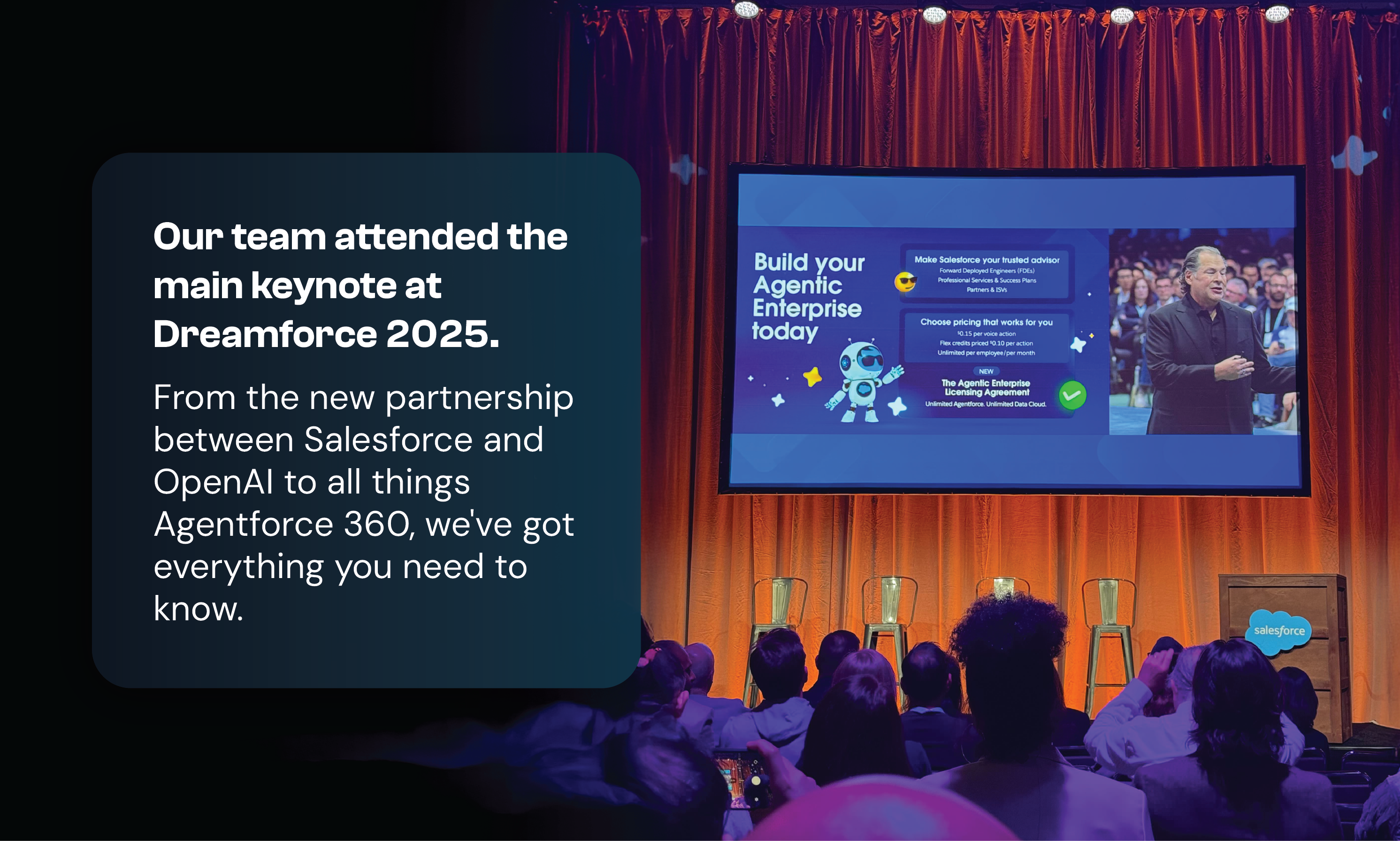Looking for the missing piece
When determining the appropriate seniority level for your Salesforce project, several factors come into play.
- Size and complexity of the project: These are significant factors to consider when choosing the right seniority level for your Salesforce project. Large and complex projects require experts with more seniority.
- Budget: Your budget is another critical factor to consider when selecting the right seniority level for your Salesforce project. More experienced professionals command higher salaries, so you'll need to balance the cost of the project against the level of seniority required.
- Timeline: The timeline for your project will affect the seniority level you need. If you have a tight deadline, you'll need to select a professional with the experience to deliver high-quality work on time.
- Business goals and objectives: If you have high-level business goals, you'll need an expert with the skills and experience to help you achieve those goals.
- Technical requirements: The technical needs of your project are also significant. If you have complex requirements, you'll need a Salesforce pro with the skills and experience to meet those requirements.
- Team size and expertise: If you have a small team or limited expertise, you'll need someone with the Salesforce experience to provide leadership and guidance.
Considering the big picture
Some things you can do in order to guarantee the appropriate level of expertise for your Salesforce needs:
- Match project requirements with the candidate’s skills and experience.
- Consider the budget and timeline constraints.
- Evaluate the level of technical expertise required.
- Determine the level of project management and leadership required.
Discovering the perfect fit
There are a number of benefits that come from selecting the right level of seniority for your Salesforce projects.
- Higher quality of work: Choosing the right seniority level for your Salesforce project will result in improved overall quality of the work.
- More efficient use of time and resources: Choosing the appropriate seniority level for your project will result in better use of time and resources.
- Reduced risk of project failure: Choosing the right seniority level will lower the risk of project failure.
- Improved ROI: Choosing the appropriate seniority level for your project will result in an improved return on investment.
Avoiding the jagged edges
It’s important not to overestimate or underestimate the seniority level required for your project, as this can lead to suboptimal results.
From our experience at Modelit, we find that it’s crucial to balance different ability levels and roles in order to reach optimal results. Many times we might end up with a senior level Salesforce expert working on simple tasks, in which case we are underusing that professional’s level of expertise. By taking this into consideration ahead of time, we are able to plan appropriate responsibilities and assignments for each of our hired experts.
Furthermore, neglecting to consider the technical requirements of your project can lead to selecting a team leader without the required technical expertise. Similarly, focusing solely on cost when selecting the seniority level can result in selecting a Salesforce professional without the required skills and experience.
From pieces to picture
Choosing the appropriate seniority level for your Salesforce project is essential for its success.
There are a few steps you can follow to ensure that the hiring process matches you with the right level of expertise:
- Reviewing the developer's portfolio can provide insight into their skills and experience.
- Conducting technical interviews can help assess the technical expertise of a developer.
- Checking references can provide valuable information about a developer's past performance.
It’s key to consider factors such as project size and complexity, budget, timeline, business goals, technical requirements, and team size and expertise when selecting the right seniority level. Avoid common mistakes such as neglecting technical requirements, focusing solely on cost, and overestimating or underestimating the seniority level required. Evaluate the seniority level of a Salesforce expert by reviewing their portfolio, conducting technical interviews, and checking references.
By choosing the right seniority level, you can achieve higher quality work, more efficient use of time and resources, reduced risk of project failure, and an improved return on investment with your Salesforce org.














